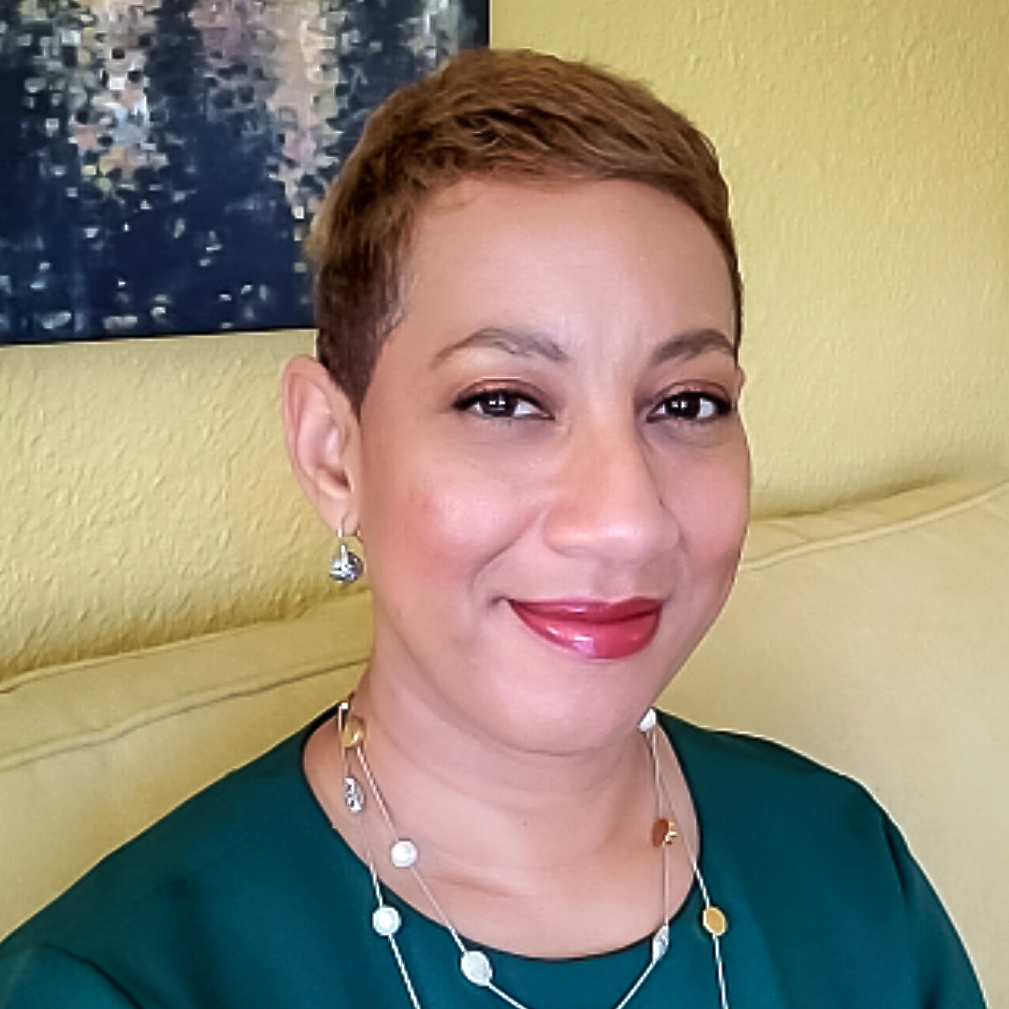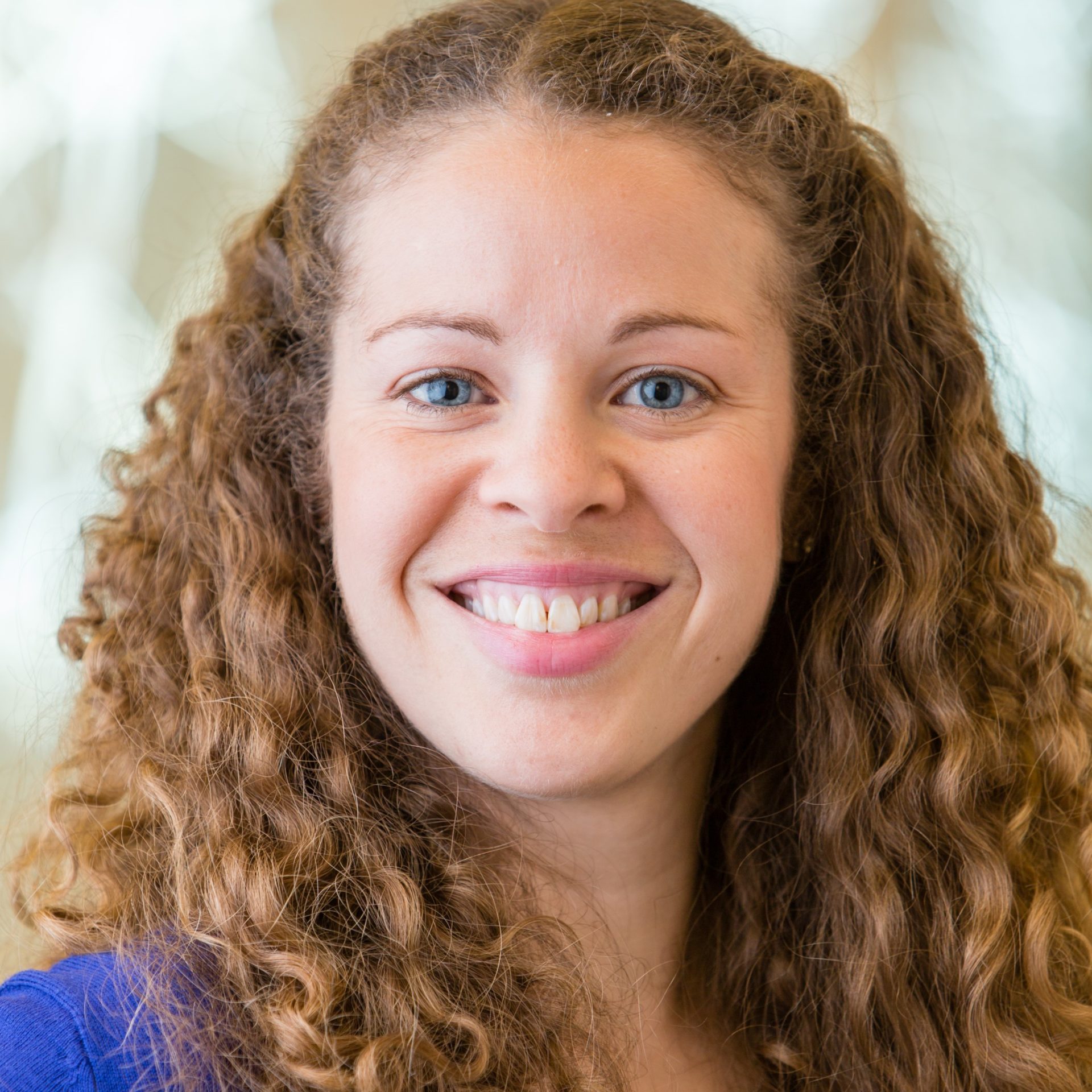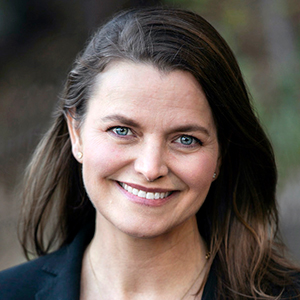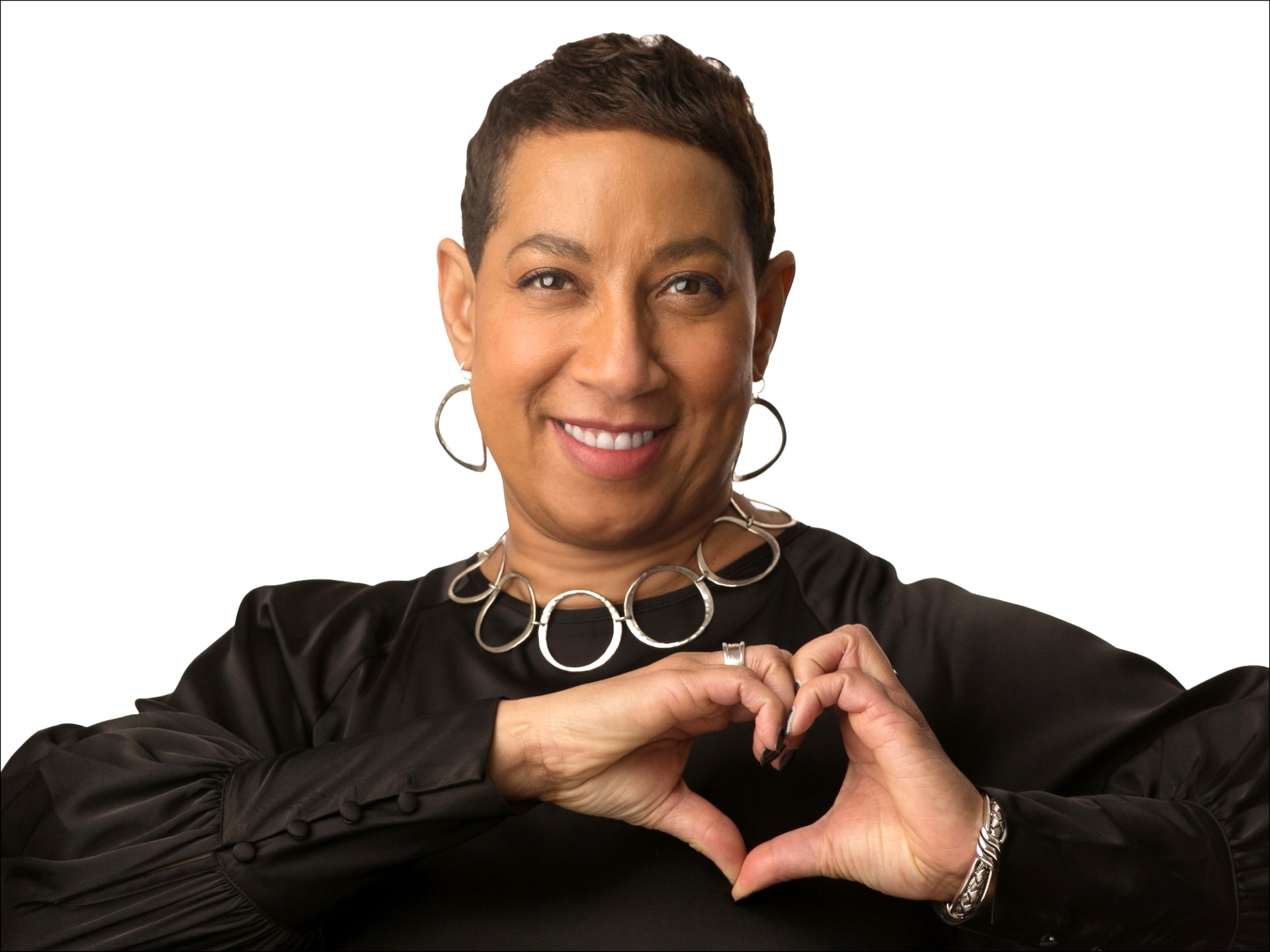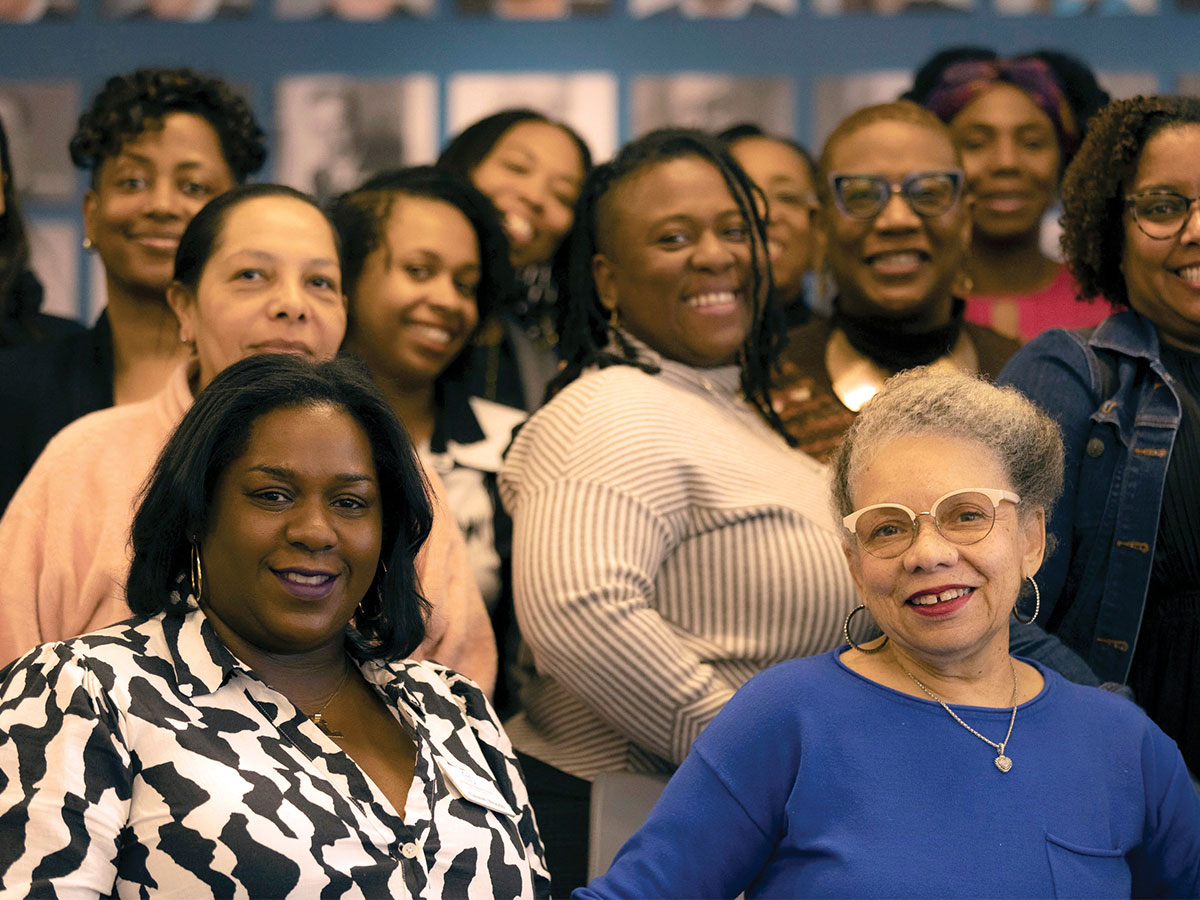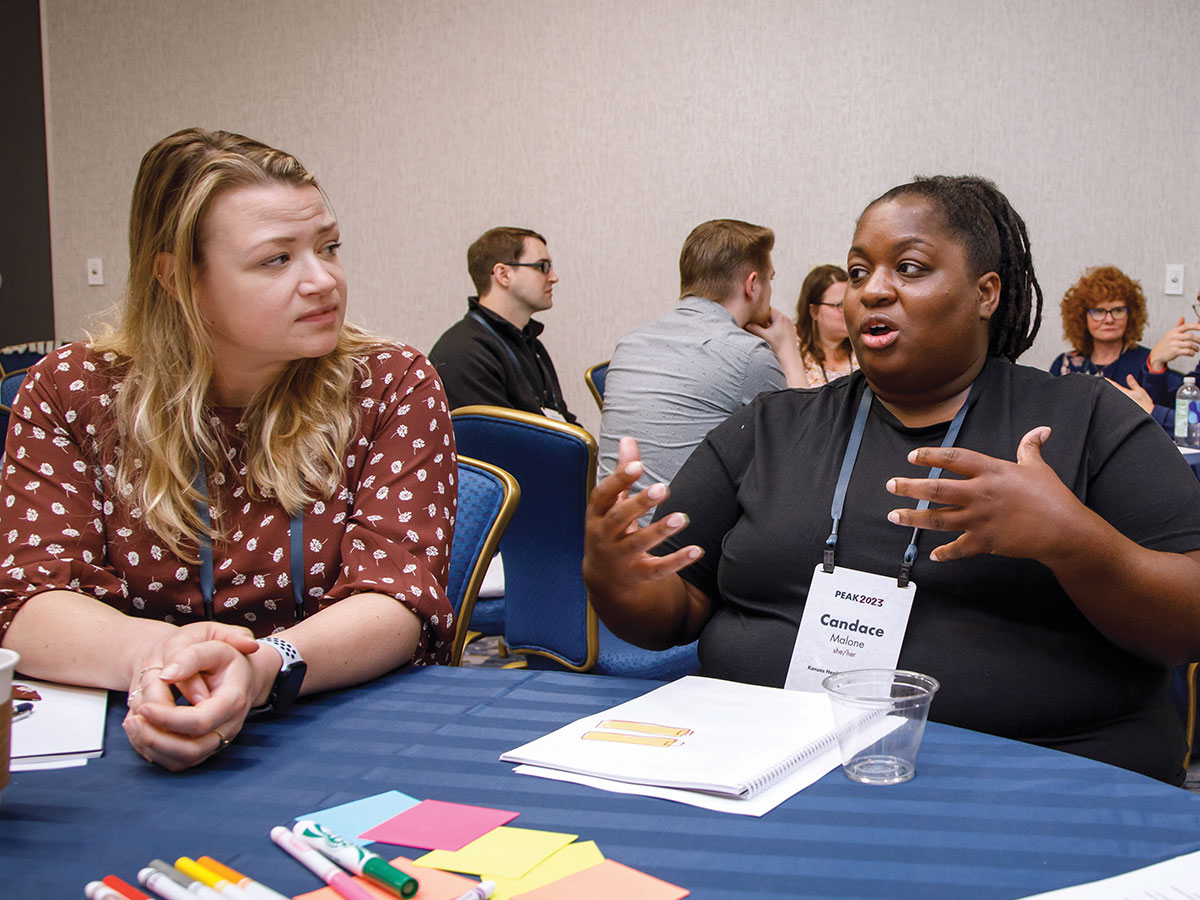
PEAK’s 2021 annual membership meeting began with reflections on our memorable 25th anniversary year and closed with President and CEO Satonya Fair facilitating a panel discussion on how the field is shifting and the opportunities for philanthropy professionals—especially grants management specialists—to lead on operationalizing equitable practices.
In these highlights from that conversation, Nina Mason Pulliam Charitable Trust Director of Grants Administration Josh Abel, Smile Train Vice President Rachel Kimber, and 1892 Consulting Managing Partner Rebecca Van Sickle explore how we can build a brighter future by being leaders in learning, trust-building, streamlining, equity, and innovation.
Fair: Foundations have so much work ahead of them and we know that grants managers sit in a really wonderful position to ensure that our organizations can thrive. And so much of our work and our roles has been, been shifting. There’s a lot of room for innovation and grants management specialists have an opportunity to move ahead of the curve. For me, as I think about PEAK’s next 25 years, our focus on the everyday things grants professionals can do through our practices and policies to make racial equity as a core philosophy of our work really warms my heart. With that in mind, what excites you about the past as you think about the future?
Kimber: Equity is an important conversation for us to step into, but it might bring up discomfort. Figuring out how to rightsize the conversation for your organization is something that PEAK can help drive. Grants managers and folks who are working with grant-related data have access to the nuts and bolts of building the case for equity in so many different areas of work. I’m really excited to see how each of us decides to dig in, especially around racial equity conversations.
Abel: I’m proud that PEAK’s Principles were put forth before our world shifted in dramatic ways. As I think about the future of grants management, my hope is that we will press into these Principles even more deeply, driving equitable grantmaking.
Van Sickle: I’m excited to see more foundation executives and CEOs recognizing and espousing the value of grants management function within their organizations. I think about Darren Walker saying grants management professionals are the teachers of philanthropy, and they carry the culture of their institutions. Crystal Hayling talked about how her very first hire was a grants manager because she wanted to build something different. We’re starting to see more of that recognition of the critical role grants management professionals play as problem solvers and connectors.
Fair: What do you think are the competencies that we have that are going to do that really advance the sector?
Van Sickle: We are all technologists. Our grantmaking systems underpin all of the work that our foundations do. And those systems need to continue to evolve to meet community needs. They need to be more trust-based and more aligned with communities to bring their lived experiences into our work. We need to think carefully about what we need to unlearn. We don’t necessarily need to do everything as we were taught to do it. Challenge assumptions and unlearn some of philanthropy’s old habits so that we can live these values through our grantmaking practices.
Abel: We need a desire to make things better and deep curiosity. If we can each embody those two things in our careers, that will help us to be better grants managers and move the profession forward.
Kimber: It’s all about cocreation. Share what issue you are working on and ask if others are thinking about it too so that you don’t have to create solutions all by yourself. You may find out that someone has already developed a solution that you can rightsize to your organization. And the power of PEAK is that it helps to facilitate cocreation.
Fair: What do you think is getting in the way of the sector making real progress as it relates to driving equity?
Abel: It can be really challenging to push against the status quo in ways that invite people to get in the same boat with you instead of creating animosity. Grants managers often have informal authority, but at the end of the day, that’s not formal authority. How do we advocate for change in a way that is helpful and will accomplish something?
Van Sickle: Staffing the mission work and getting more grantees with their lived experiences into the grants management profession would be a huge transformation. And that depends in part on funding grantees so that they can pay adequate salaries and benefits. This also depends on creating strong professional pathways within grants management so that we can attract more people to this work.
Kimber: We need to challenge how philanthropy works. We’re trying to support folks on the ground, but we are not on the ground. But program officers directly interact with the folks on the ground. Their primary responsibility needs to be developing relationships, listening, understanding needs and bringing that information back to the organization where grants managers can use their problem-solving skills to come up with a solution.
Fair: How do you think this move toward less cumbersome administration processes is going to impact grants management as a role?
Abel: I have wondered if that will lead to leaner foundation staffs or funders structuring themselves in different ways, for example, away from a program-centric model to something for focused on data evaluation, collaboration, and convening. Maybe in the future, foundations will have fewer program staff and more knowledge and convening staff.
Kimber: We need to prioritize relationship building across the organization, especially given the value of data in the strategic decision-making process. Somebody needs to be responsible for technology systems and human systems. For example, when the folks in finance send a spreadsheet, that information is missing its human context. And even though grants managers have an innate talent for thinking in linear ways and building rational processes, there is also a customer service side to the work—and that’s a special skill. I need relationships with people in different departments to help me connect the dots.
Van Sickle: The relational piece is going to be huge. There is a lot of rote process and, whenever people try to change something or shift roles and responsibilities, they can get hung up. They suddenly feel like they don’t know what to do, or they think that change is a sign that what they were doing before wasn’t adding value to the process. How do we move ourselves, our peers, our other functions in the foundation to more value-added work that lifts up the movements? I’m excited because I see you all doing it every day and you’re going to get us where we need to go—and we have a ways to go.
